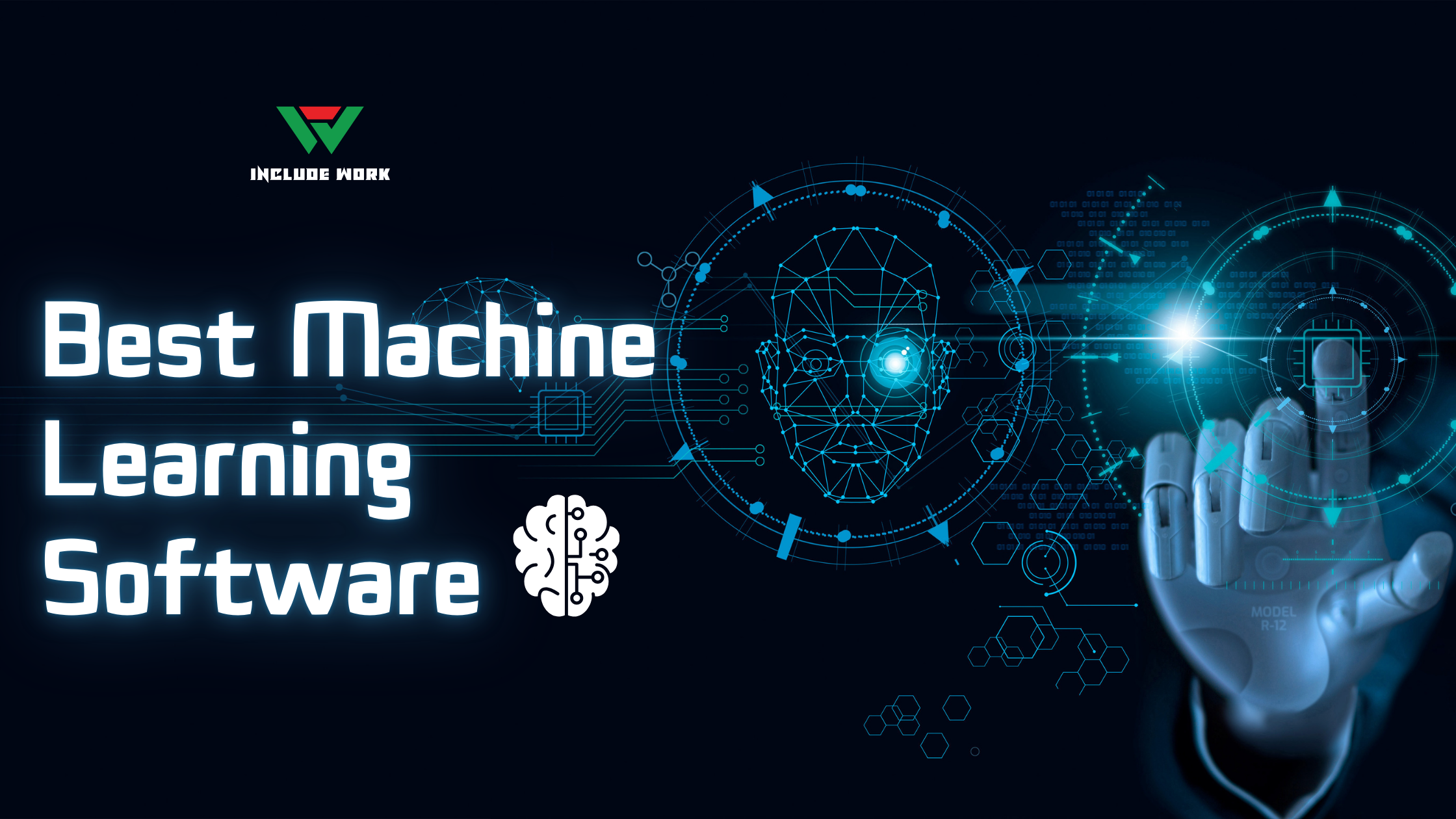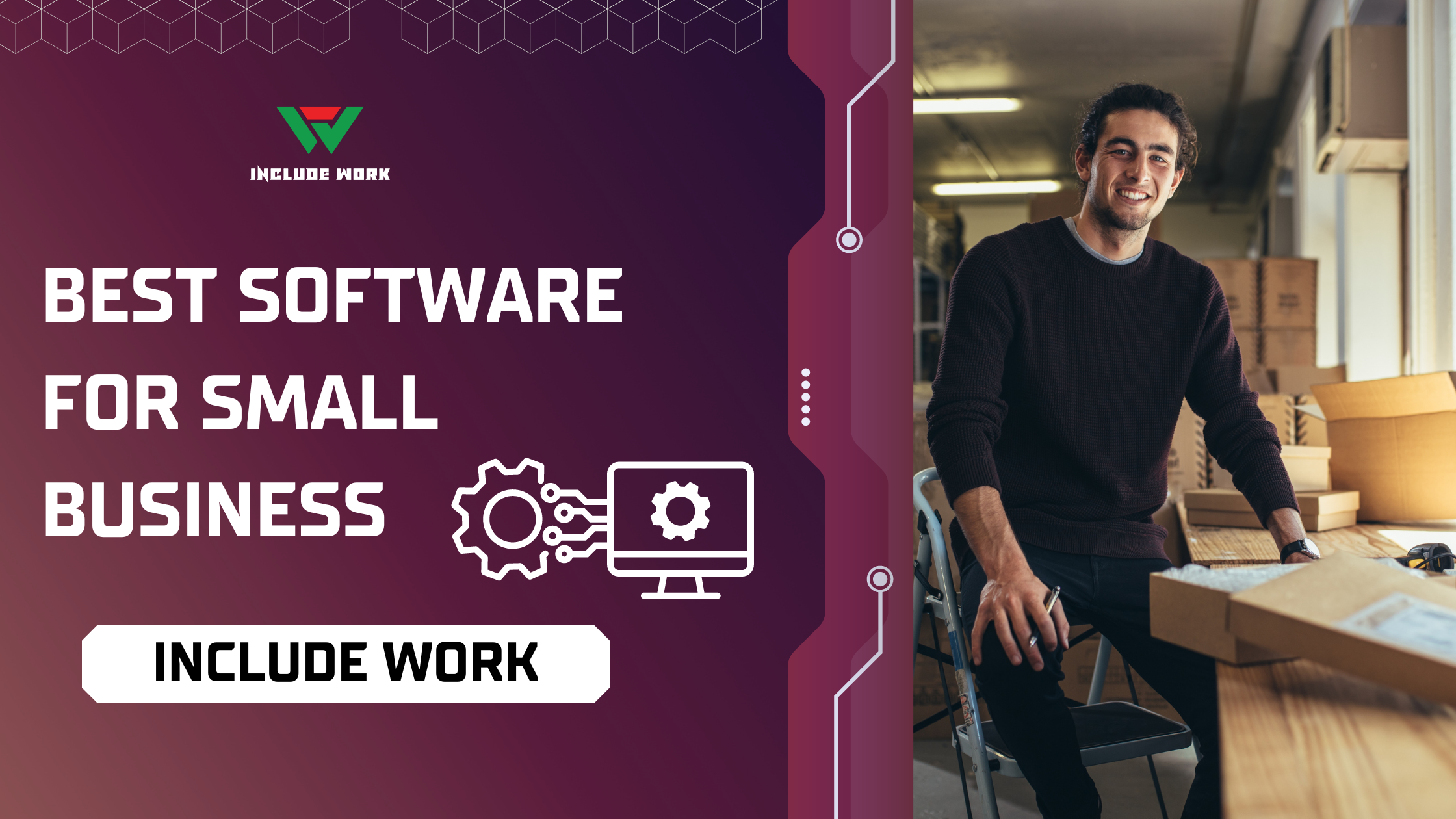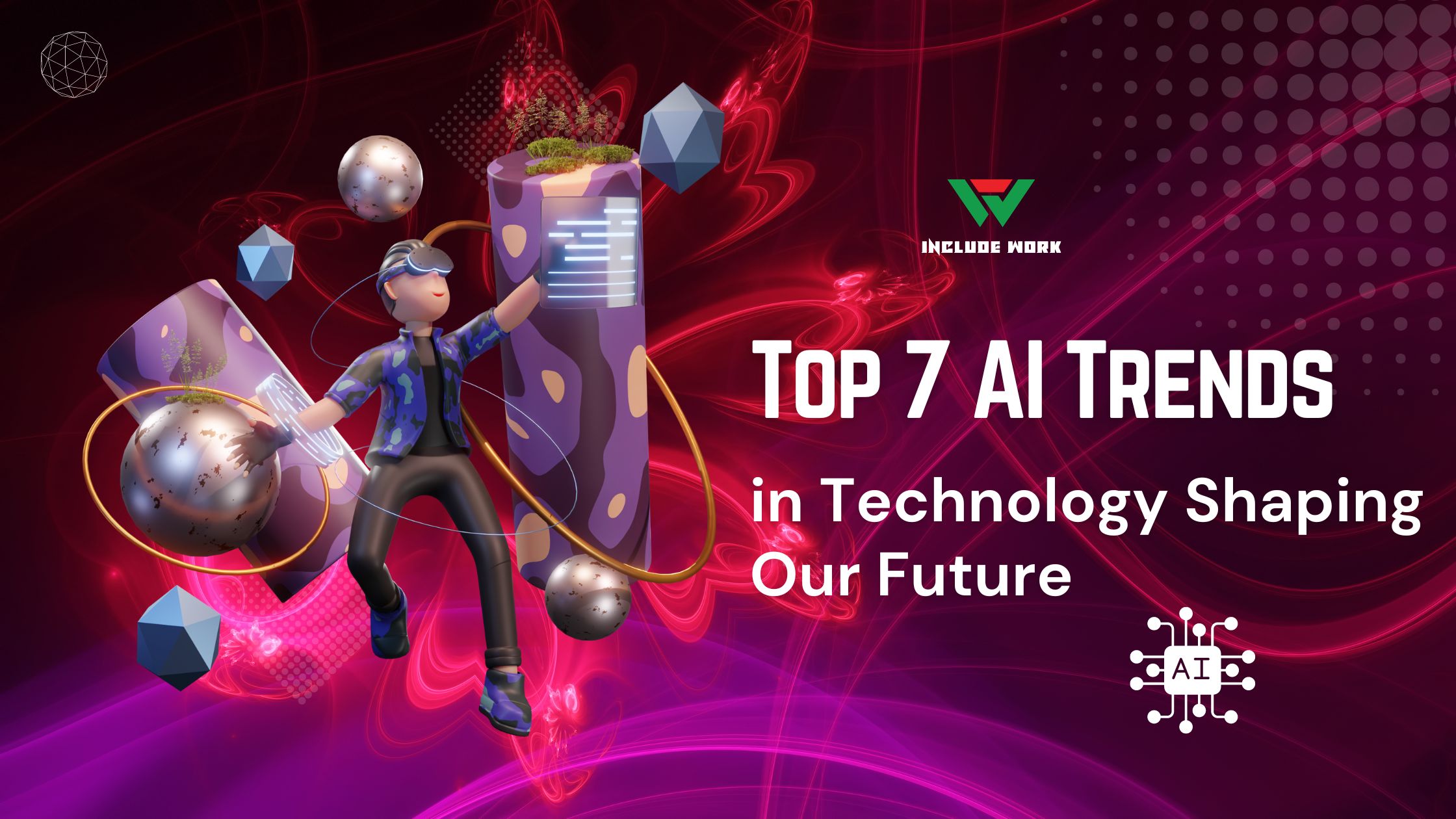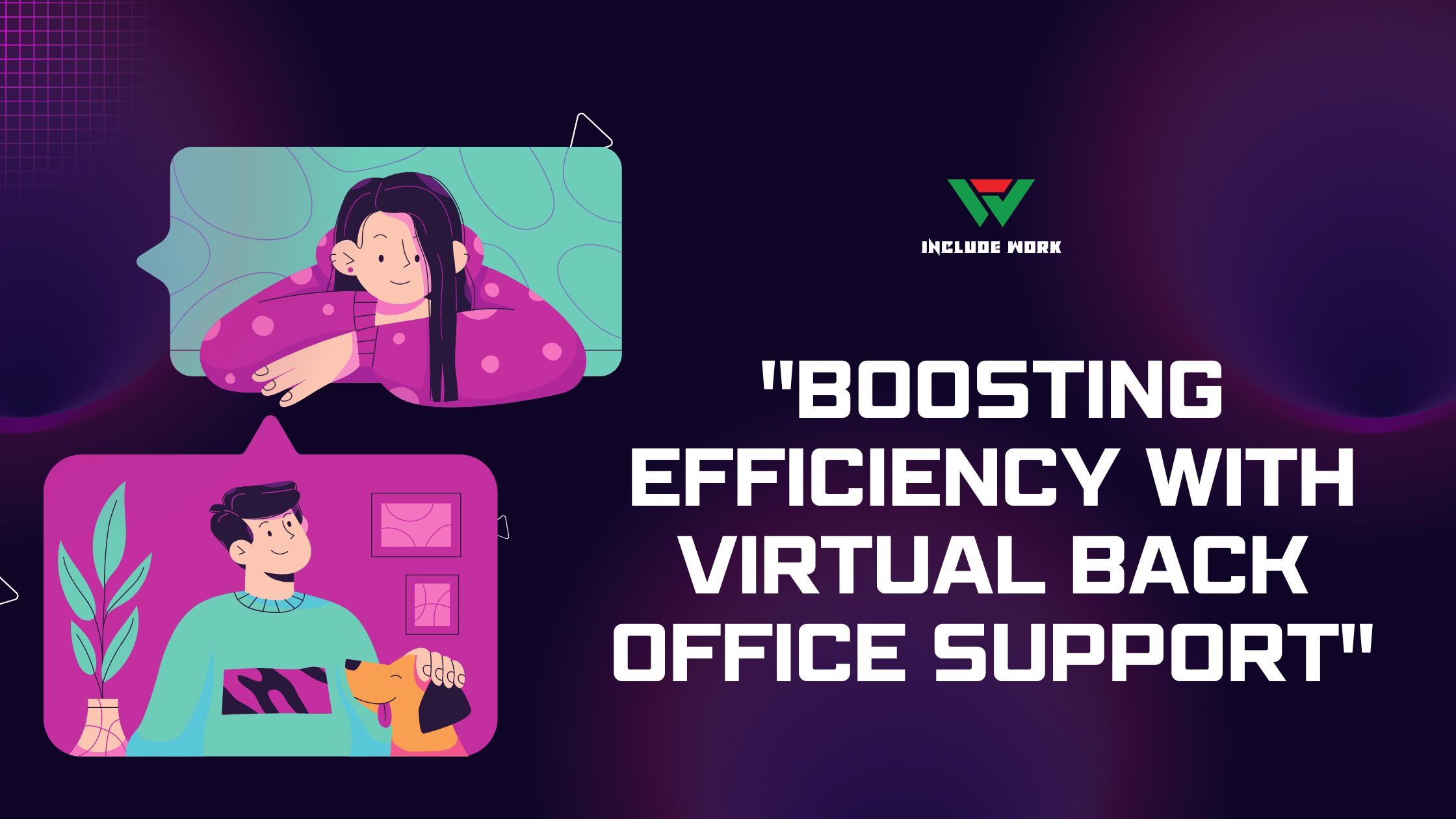The question “Will AI replace software engineers?” ignites substantial discussion among experts throughout the tech sector. As artificial intelligence (AI) progresses, the implications it has for the future of software engineering are increasingly considered.
Table of Contents
This article delves into different aspects of AI’s involvement in programming, the challenges it introduces, and its capability to potentially transform or even supplant certain roles traditionally held by software engineers. Emphasizing current trends, necessary skills for adaptation, and the continuous development of AI tools, we strive to offer an in-depth perspective on the prospective future for software engineers in an AI-dominated landscape.

What Is Generative AI?
What Challenges Does Generative AI Present?
Despite the promising advancements brought by generative AI in software development, it also poses several challenges:

- Quality Assurance: Ensuring the quality and security of AI-generated code is crucial. It often requires more rigorous testing compared to human-generated code. Maintaining high standards and best practices is a constant challenge.
- Job Displacement: The fear that AI could replace human jobs, especially in roles characterized by repetitive or straightforward tasks, is a real concern.
- Dependency and Skill Decay: Heavy reliance on AI for coding tasks could lead to diminished programming skills among engineers, potentially making them less involved in direct coding activities.
- Ethical and Bias Concerns: There’s a risk that AI systems may replicate or even exacerbate biases found in their training data. This could lead to outputs that are unfair or unreliable, particularly in sensitive applications.
Addressing these issues is crucial to ensure that generative AI aids rather than disrupts the development landscape.
Can Generative AI Replace Software Engineers?
The idea of generative AI completely replacing software engineers is widely debated. While AI can take over certain tasks like code generation and debugging, it lacks many of the innate abilities that human engineers bring to the table. For instance:

- Complex Problem Solving: Human engineers excel at tackling complex problems and crafting innovative solutions—capabilities that AI has not fully mastered.
- Creativity and Innovation: Designing intricate software architecture and user interfaces, or addressing unique challenges, remains largely a human domain.
- Interpersonal Skills: Skills such as collaboration and negotiation are essential in software projects, where understanding client requirements and teamwork are paramount.
- Ethical Judgment and Oversight: Human oversight is critical to ensure ethical AI usage and to manage its societal impacts effectively.
Thus, while AI enhances certain aspects of software engineering, it is unlikely to replace human engineers entirely but rather transform the nature of their work.

What Could Replace Software Engineers?
When pondering potential replacements for software engineers, it’s important to distinguish between replacing the role entirely and automating specific aspects of it. Although total replacement is unlikely, significant automation of certain tasks is inevitable. Future developments might include:
- Advanced AI Tools: These tools could take on increasingly complex coding and design tasks, reducing the need for manual input.
- Low-Code and No-Code Platforms: Such platforms enable people without deep coding knowledge to build applications, which may reduce the demand for traditional coding skills.
- Increased Specialization: As AI manages more general coding duties, software engineers might focus more on specialized areas such as system architecture, data security, or user experience.
- Collaborative Human-AI Partnerships: The future could see AI acting more as an assistant or collaborator in software development, augmenting rather than replacing human capabilities.
This suggests an evolution in the software engineer’s role towards greater specialization and strategic use of AI.
How Do Software Engineers Use AI in 2024?
In 2024, software engineers increasingly incorporate AI into their workflows, enhancing both efficiency and creativity. Key applications include:
- Automated Code Generation: AI is used to quickly produce code segments or entire modules, streamlining development and reducing errors.
- Testing and Debugging: AI aids in automating tests, spotting bugs, and suggesting corrections more swiftly than traditional methods.
- Predictive Analytics: Using AI to analyze performance data helps predict potential system issues and pinpoint areas for enhancement.
- Enhanced Customization: AI’s ability to understand user preferences improves the personalization of applications.
- Security: AI plays a crucial role in developing robust security measures, identifying vulnerabilities, and responding to threats in real time.
Leveraging AI allows software engineers to focus more on complex and creative aspects of their roles.
The Current Role of AI in Software Engineering
Today, AI is integral to software engineering, revolutionizing how applications are developed, tested, and deployed. AI’s role includes:
- Intelligent Assistants: These tools provide real-time coding assistance, optimize workflows, and enhance debugging.
- Performance Optimization: AI analyzes application performance to recommend enhancements, crucial in environments with high demand.
- Risk Assessment: AI evaluates potential risks in new software deployments, aiding in preemptive problem-solving.
- Real-Time User Feedback Analysis: AI’s analysis of user feedback helps prioritize updates and bug fixes, directly enhancing user satisfaction.
AI not only supports daily engineering tasks but also pushes the boundaries of what can be achieved, driving innovation and industry progress.
Will AI Replace Software Engineers | Personal opinion
It’s a fantastic question that “Will AI Replace Software Engineers” and it’s one that stirs up a lot of debate in tech circles. So, let me share a personal story that might shed some light on this. A few years ago, I was working at a startup heavily invested in AI and machine learning. We were a team of passionate software engineers, and the arrival of a new AI system meant to optimize our coding processes was met with a mix of excitement and apprehension. Initially, many of my colleagues worried that this AI was stepping onto our turf, possibly replacing us. But here’s where the twist comes in.
Instead of replacing us, the AI became our most valuable tool. It took over the mundane, repetitive tasks that bogged us down, allowing us to focus on creative solutions and complex problem-solving—the real meat of engineering that machines can’t replicate (yet!).
For example, the AI could churn out lines of debugged code for known issues much faster than any of us could, but when it came to innovating a new application or adapting our tech for a tricky client specification, the human touch was indispensable. This experience taught me that AI in software engineering isn’t a replacement but a powerful ally that enhances our capabilities and pushes us to elevate our skills and creativity. So, I’d say, rather than looking at AI as a threat, view it as a co-pilot on your engineering journey.
Conclusion
The question of whether AI will replace software engineers reflects a misunderstanding of AI’s role. Rather than replacing engineers, AI is set to redefine their roles by automating routine tasks and enabling them to focus on more complex and innovative aspects of software development. The future of software engineering is one of collaboration between human and artificial intelligence, fostering more efficient and creative outcomes.
As the industry progresses, continuous learning and adaptation will be essential for engineers to thrive in this new era. Viewing AI as a partner rather than a threat will be key to harnessing its potential in the ongoing development of the software engineering field.






